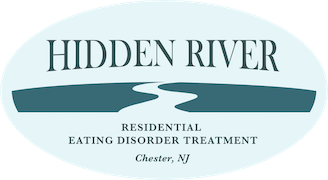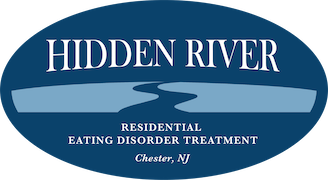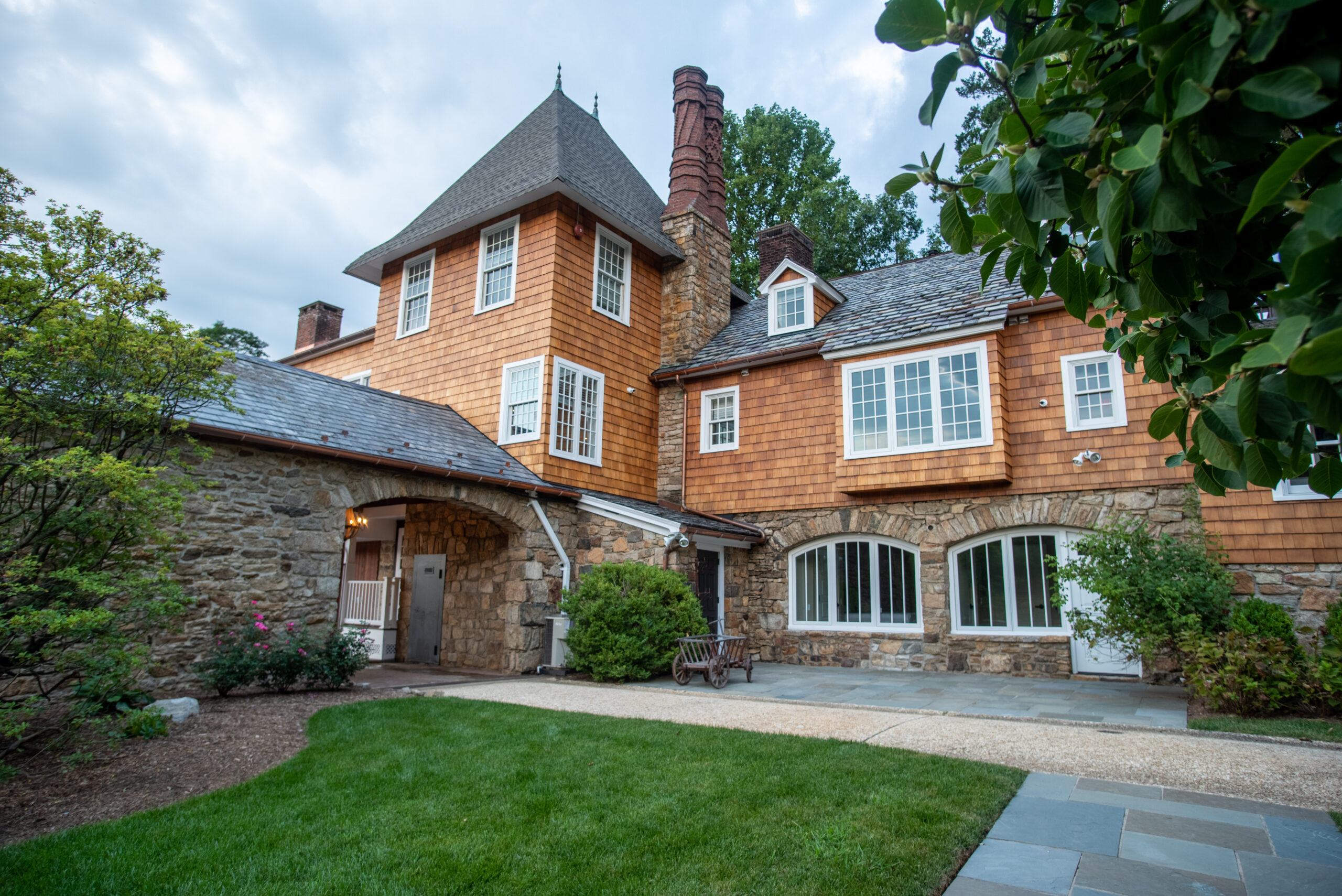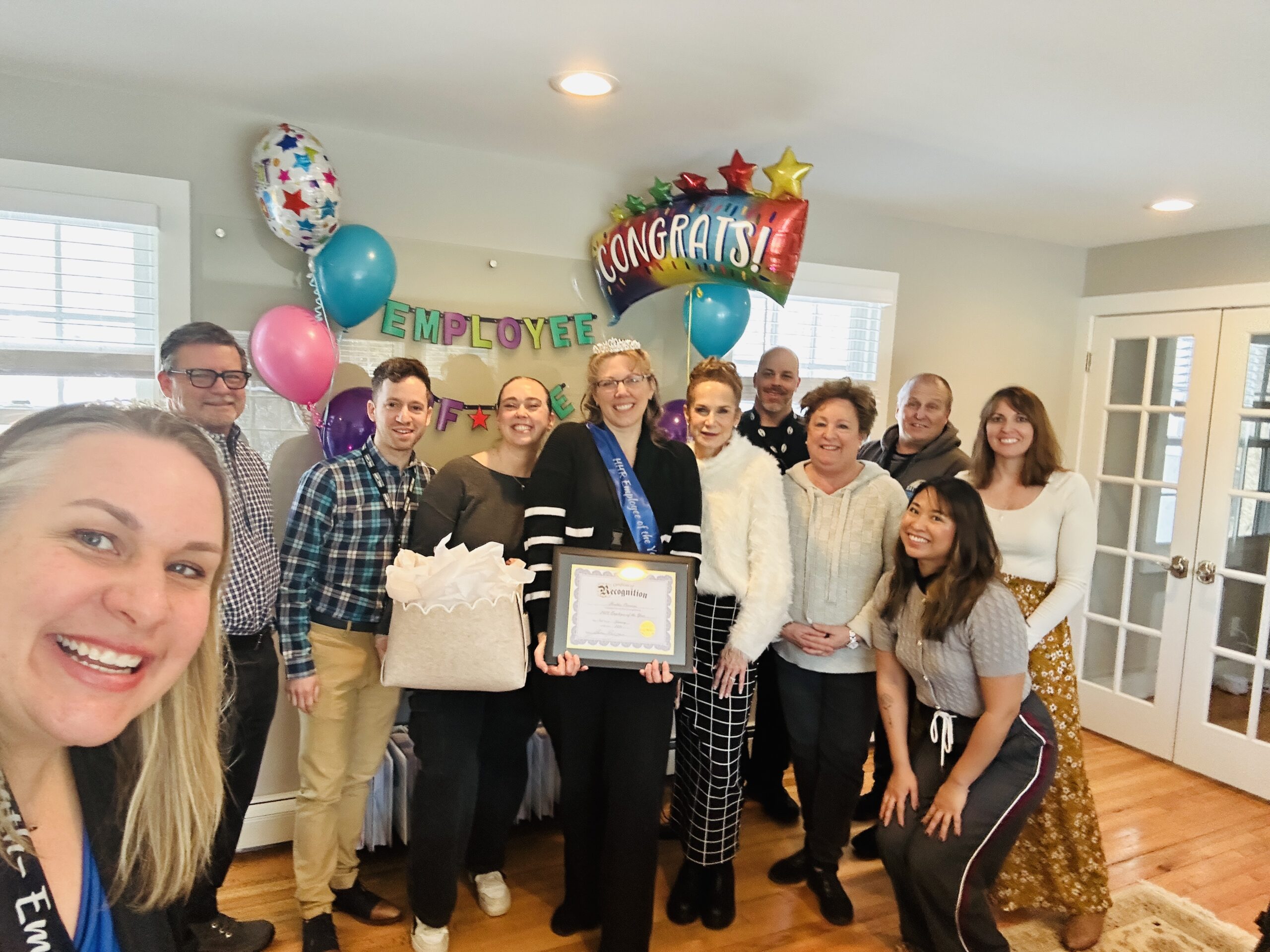The History of Hidden River’s Property
The history of Hidden River tells a special story. More than one family has chosen Hidden River as their preferred eating disorder treatment program because of its beauty, visual splendor, and timeless aesthetic. Looking around the grounds, you can’t help but feel settled in a more simple time, especially when cozied around a warm fireplace.
Hidden River’s buildings and surrounding land have a history that goes all the way back to 1740.
During that time, there was a fieldstone farmhouse sitting on the land with the stately name Turrell. Much of this original structure’s stone is still visible throughout the building, making certain pieces of stone nearly 300 years old! The main building Turrell turned into Stonewick, renamed for its owner Philip Stone, who bought the property in 1870. Alongside his wife, he raised his 10 children here and remained on the land for many decades.
Stone then sold the property to William Symmes Richardson in 1911. Richardson was a successful designer, his most famous work being the original Penn Station in New York City. He used the farm as a “gentleman’s farm,” a comfortable retreat to spend his summers outside of the city. Quite unfortunately, Richardson was thrown off a horse and became unable to enjoy the property’s best features. He subsequently sold the property to the Kay family in 1924.
Elizabeth Kay, whose family was associated with John D. Rockefeller and the Standard Oil Company, was a well-educated and lively woman. She enjoyed learning about a wide range of topics from opera to architecture, sculpture to nursing. She had a passion for cultivating the land, growing flowers and herbs, and keeping nature untouched by urbanization. Her husband, Alfred Kay, was a successful businessman who served in the military during the war. The Kays adopted three children, who were also raised on the property.
They named the property Hidden River for the Black River, which snaked through the back of the property.
The Kays soon bought the next door property, expanding their land to 300 acres. They began remodeling the original structures and constructing additional buildings and structures on the property, including homes for their employees. As was the fashion of the time, they chose mainly English decorations so it would resemble the aristocratic aesthetic of the English countryside manors. They added a stable and a great hall for parties. Through the Kay Herb Farm Tea House, they dried out, packaged, and sold herbs through mail order. The Kays, dedicated to conserving the land, promised much of what they owned to the Morris County Park Commission in their deeds. In modern times, the Elizabeth Kay Environmental Center teaches the community about natural sciences and the importance of nature.
The property became extremely livable and comfortable under the Kay’s ownership. In 1957, they split the property in two parts, keeping half for themselves and selling the other half to the Garland School, an all-boys school. They added several features to the buildings and surrounding land for the students’ enjoyment, including a pool. After the Garland School closed, the property went to the ARC, who later sold it to the Devereux Foundation in 1983. The Devereux Foundation ran a treatment center for girls for many years, until Hidden River came under private ownership again.
The history of Hidden River is one filled with nurturing, teaching, and appreciating the slowness of nature.
Many children and young adults grew up around Hidden River, from the children of its early owners to the students at the boys school to young women who improved their health and relationships through treatment. Hidden River has compassion, kindness, and nourishment in its very structure. The beautiful and historic setting gives Hidden River’s eating disorder treatment program a sense of asynchronicity, which only augments its talented clinical staff and high quality treatment.
To learn more about Hidden River and to schedule a tour of its unmatched buildings and grounds, please call us today at 833.30.RIVER. We are currently accepting new patients and are newly Joint Commission accredited.






Leave a Reply
You must be logged in to post a comment.